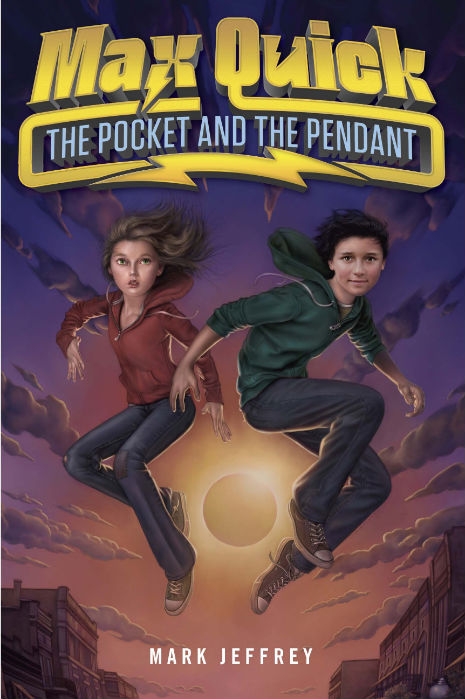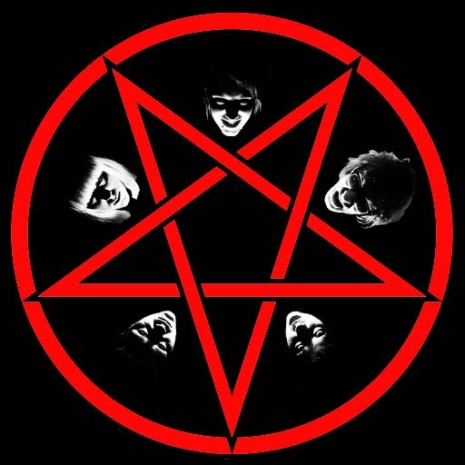
His first assignment for Esquire was to interview Frank Sinatra - no easy task, as Old Blue Eyes had knocked back such requests from the magazine over several years. But Gay Talese wasn’t so quickly put off. He spent 3 months following Sinatra and his entourage, racking up $5,000 in expenses. Not common then and unthinkable now in these days of Google and Wikipedia.
The result of Talese’s hard work was “Frank Sinatra has a cold”, possibly the best profile written on the singer and certainly one of the greatest pieces of New Journalism written at that time. As writer and broadcaster Michael Kinsley has since said, “It’s hard to imagine a magazine article today having the kind of impact that [this] article and others had in those days in terms of everyone talking about it purely on the basis of the writing and the style.”
What’s great about “Frank Sinatra has a cold” is what’s best about Talese as a writer - his ability to make the reader feel centered in the story by reconstructing the reported events using the techniques of fiction. You can see this technique in another of his essays, “Joe Louis: The King as a Middle-aged Man”, which begins:
“ ‘Hi, sweetheart!’ Joe Louis called to his wife, spotting her waiting for him at the Los Angeles airport.
She smiled, walked toward him, and was about to stretch up on her toes and kiss him, but suddenly stopped.
‘Joe,’ she said, ‘where’s your tie?’
‘Aw, sweetie,’ he said, shrugging, ‘I stayed out all night in New York and didn’t have time.’
‘All night!’ she cut in. ‘When you’re out here all you do is sleep, sleep, sleep.’
‘Sweetie,’ Joe Louis said, with a tired grin, ‘I’m an ole man.’
‘Yes,’ she agreed, ‘but when you go to New York you try to be young again.’”
The article has its own symmetry and ended with one of the boxer’s ex-wives, Rose, watching home footage of Louis’s fight against Billy Conn:
“Rose seemed excited at seeing Joe at the top of his form, and every time a Louis punch would jolt Conn, she’d go ‘Mummmm’ (sock). ‘Mummmm’ (sock). ‘Mummmm.’
Billy Conn was impressive through the middle rounds, but as the screen flashed Round 13, somebody said, ‘Here’s where Conn’s gonna make his mistake: he’s gonna try to slug it out with Joe Louis.’ Rose’s husband remained silent, sipping his Scotch.
When the Louis combinations began to land, Rose went ‘Mummmm, mummmm,’ and then the pale body of Conn began to collapse against the canvas.
Billy Conn slowly began to rise. The referee counted over him. Conn had one leg up, then two, then was standing - but the referee forced him back. It was too late.
But Rose’s husband in the back of the room disagreed.
‘I thought Conn got up in time,’ he said, ‘but that referee wouldn’t let him go on.’
Rose Morgan said nothing - just swallowed the rest of her drink.”
It’s a clever and poignant ending, revealing as much about Rose and her relationship with her husbands, as it does about Talese’s talent as a writer. It also signals his need to record everything, which is all the more impressive when you know Talese never used a tape recorder when working on these profiles.
Gay Talese was born into a Catholic, Italian-American family in Ocean City, New Jersey in 1932. It was an upbringing he would later claim made him “not unfamiliar with the condition of being an outsider”:
“Indeed it was a role for which his background had most naturally prepared him: an Italo-American parishioner in an Irish-American church, a minority Catholic in a predominantly Protestant hometown, a northerner attending a southern college, a conservative young man of the fifties who invariably wore a suit and a tie, a driven man who chose as his calling one of the few possessions that was open to mental masqueraders: he became a journalist, and thus gained a licence to circumvent his inherent shyness, to indulge his rampant curiosity, and to explore the lives of individuals he considered more interesting than himself.”
His father was a tailor and his mother ran a dress boutique, it was here the young Talese learned his first journalistic skills:
“The shop was a kind of talk show that flowed around the engaging manner and well-timed questions of my mother; and as a boy not much taller than the counters behind which I used to pause and eavesdrop, I learned much that would be useful to me years later when I began interviewing people for articles and books.
I learned to listen with patience and care, and never to interrupt even when people were having great difficulty in explaining themselves, for during such halting and imprecise moments (as the listening skills of my patient mother taught me) people are very revealing - what they hesitate to talk about can tell much about them.”
In his brilliant “Frank Sinatra has a cold” Talese created a portrait of the singer that captured his over-bearing “mood of sullen silence”, his capricious nature, which made him at times both cruel and aggressive; or kind and overly generous. Talese revealed the background of Sinatra, the only child from Hoboken, who was scarred at birth by forceps, considered a weakling, reared mainly by his grandmother, his father a Sicilian who boxed under the name of Marty O’Brien, his mother worked at a chocolate factory, was strict and ambitious, who originally wanted her son to become an aviation engineer.
“When she discovered Bing Crosby pictures hanging on his bedroom walls one evening, and learned that her son wished to become a singer too, she became infuriated and threw a shoe at him. Later, finding she could not talk him out of it - ‘he takes after me’ - she encouraged his singing.”
Unlike other members of the New Journalism group (Norman Mailer, Hunter S. Thompson), Talese didn’t put himself at the heart of his essays, rather he saw himself as a non-judgmental writer, who allowed each subject to speak for him / her self. Nowhere was this more true than in “The Loser”, his incredible profile of boxer Floyd Paterson, which included a shocking admission by the former World Champion:
“Now, walking slowly around the room, his black silk robe over his sweat clothes, Patterson said, ‘You must wonder what makes a man do things like this. Well, I wonder too. And the answer is, I don’t know…but I think that within me, within every human being, there is a certain weakness. It is a weakness that exposes itself more when you’re alone. And I have figured out that part of the reason I do the things I do, and cannot seem to conquer that one word - myself - is because…is because…I am a coward.’”
Non-judgmental, perhaps. But somewhere down the line, Talese makes the decision of what to keep and what to cut out, and by nuance and omission, he shapes our impressions, and gives the reader an intimacy mere facts could not supply.















